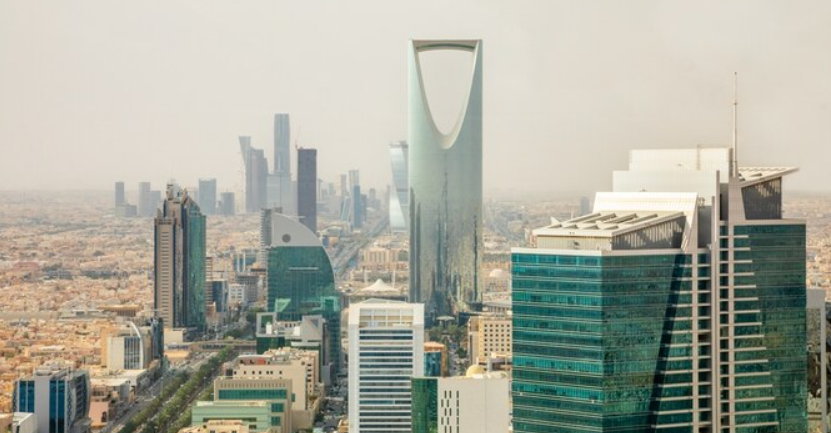IMF highlights Saudi Arabia’s economic gains and Vision 2030 progress in latest review
RIYADH: The International Monetary Fund executive board has finalized its 2024 review of Saudi Arabia, recognizing the country’s major progress in its economic transformation through Vision 2030.
The consultation, held on July 31, focused on evaluating the Kingdom’s developments and policies, as well as the nation’s fiscal and monetary outlook.
According to the IMF, Saudi Arabia’s economic evolution continued to progress effectively, with modernization and diversification efforts advancing as planned.
Despite a 0.8 percent contraction in the overall gross domestic product in 2023 due to oil production cuts, the non-oil sector demonstrated robust growth of 3.8 percent, fueled mainly by private consumption and investment.
The unemployment rate in the Kingdom has hit historic lows, particularly with female labor force participation surpassing the 30 percent target set for 2030.
Inflation in the country has decelerated significantly, dropping from a peak of 3.4 percent in January 2023 to 1.6 percent in May, aided by an appreciating nominal effective exchange rate.
However, rent prices have surged by about 10 percent, driven by the influx of expatriate workers and significant redevelopment projects in Riyadh and Jeddah. Wholesale prices have also edged up, reflecting increased input costs and rising wages for skilled workers.
The current account surplus narrowed to 3.2 percent of GDP in 2023, primarily due to lower oil exports and strong growth in investment-related imports.
However, this was partially offset by a record surplus in the services balance, including a significant 38 percent increase in net tourism income.
Saudi Arabia’s reserves remain ample, covering 15.8 months of imports by the end of 2023.
The banking sector in the Kingdom is on a solid footing, with stress tests indicating that banks and non-financial corporates are resilient even under severe adverse scenarios.
While bank credit growth has moderated, it surpasses deposit maturation, particularly in the corporate sector. However, increased interlinkages between financial institutions and the sovereign could amplify systemic shocks, especially in response to fluctuations in oil prices.
The IMF projected the non-oil growth to reach 4.4 percent in the medium term, driven by stronger domestic demand as project implementation under Vision 2030 picks up.
The phase-out of oil production cuts is expected to boost overall growth to 4.7 percent in 2025, with inflation remaining contained. The current account is anticipated to shift to a deficit, reflecting declining oil prices and continued strong investment-related imports.
The IMF emphasized the importance of maintaining fiscal prudence, safeguarding financial stability, and continuing structural reforms to support sustainable and inclusive growth in Saudi Arabia.
The recalibration of investment spending under Vision 2030 was praised for mitigating overheating risks.
The IMF also recommended further fiscal adjustments, including efforts to mobilize non-oil revenue and contain the wage bill to maintain strong buffers and meet intergenerational needs.
The organization commended Saudi Arabia’s commitment to achieving net zero emissions by 2060 and highlighted the progress in renewable energy and power efficiency. However, it said that additional efforts are needed to support these targets fully.
